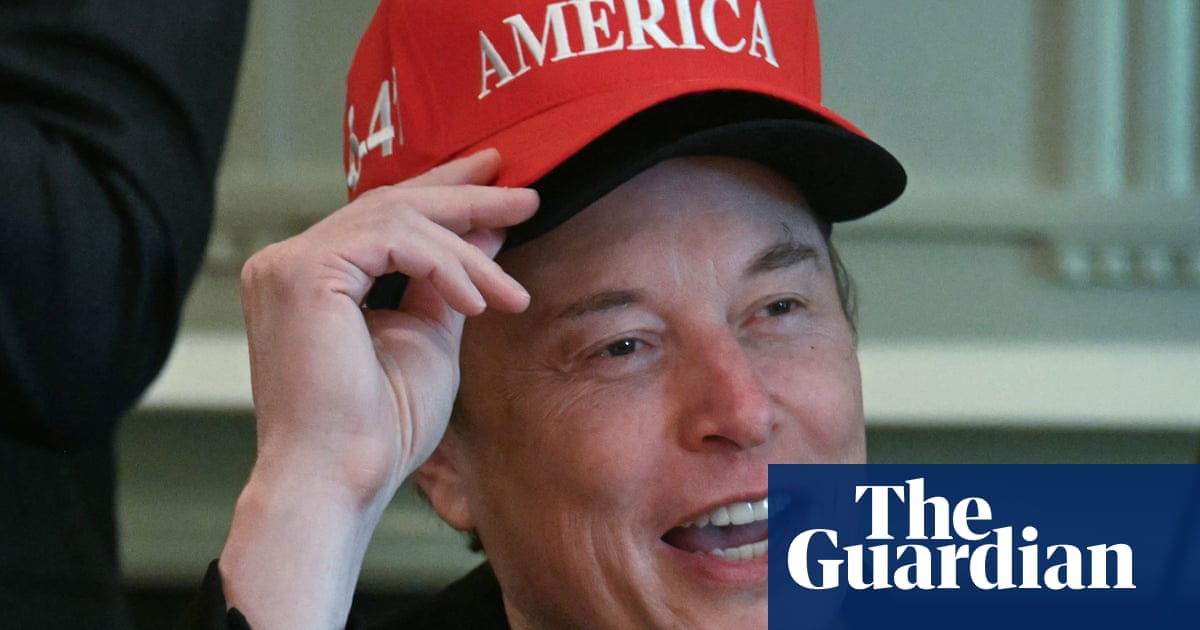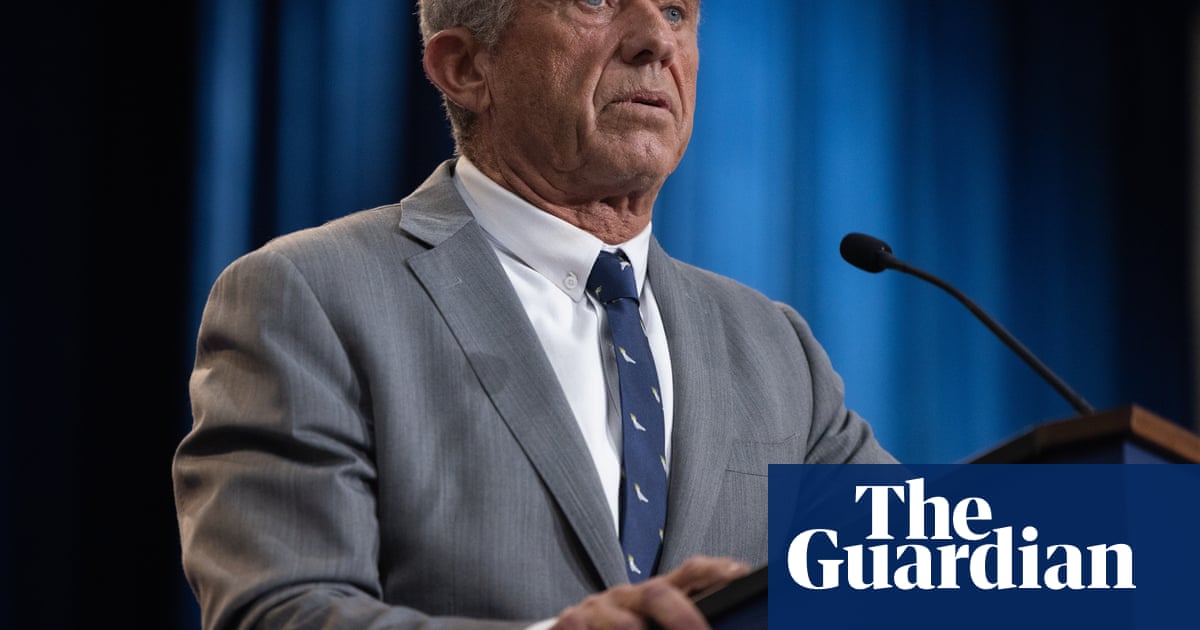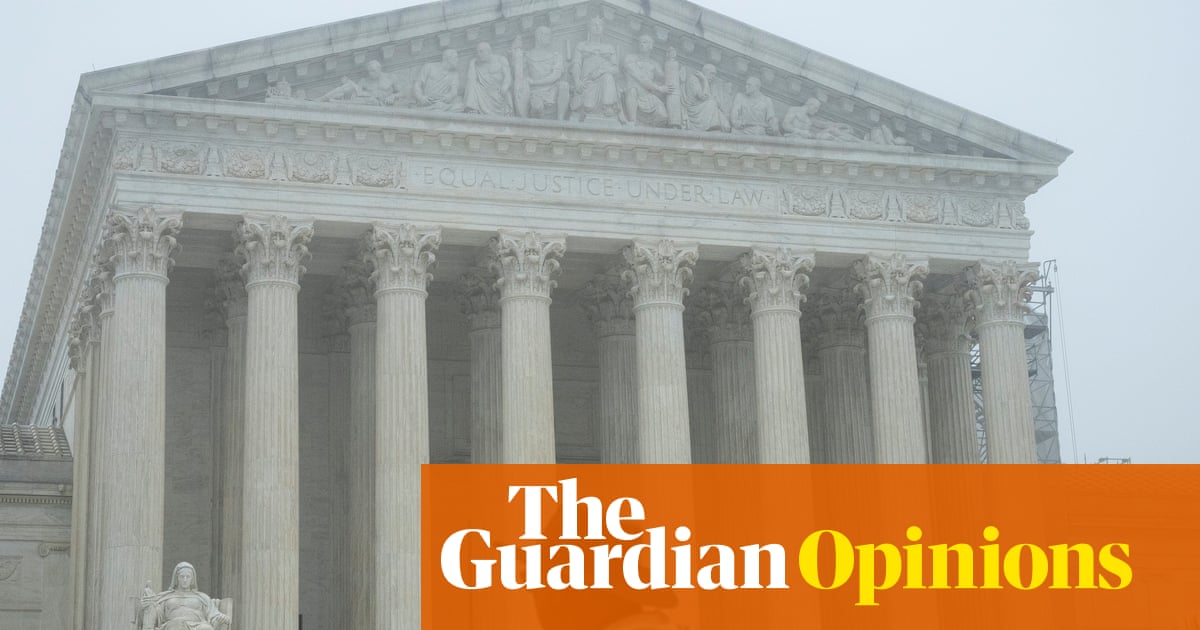Americans anxious about their country’s slide into authoritarianism found some solace in the past week over what appears to be growing pushback by American universities against Donald Trump’s assault on higher education.
After a barrage of orders, demands and the freezing of billions in federal funds for research had elicited a mostly demure response from university leaders, some are starting to mount a more muscular defense of academic freedom. A statement denouncing the Trump administration’s “unprecedented government overreach and political interference” was signed by more than 400 university presidents, and the list is growing. Another, signed by more than 100 former university heads, called for a coalition of local leaders, students, labor unions and communities, across party affiliation, to “work against authoritarianism”.
And Harvard became the first university to sue the administration over its threats to cut $9bn in federal funding should it not comply with a set of extreme demands to combat alleged antisemitism, demands that university president Alan Garber labeled “unlawful, and beyond the government’s authority”. The legal action followed several others brought by higher education associations and organisations representing faculty, including one by the American Association of University Professors challenging the administration’s revocation of student visas and detention of several international students, which 86 universities joined with amicus briefs.
But Trump was not cowed, continuing his weeks-long assault on universities he has accused of being “dominated by Marxist maniacs and lunatics”. Delivering on campaign threats, he issued a fresh set of executive actions on Wednesday targeting campus diversity initiatives and seeking to overhaul the accreditation system that has long served as quality check on higher education. And despite reports that the White House had made overtures to Harvard to restart talks about its demands – overtures the school has rejected – his tone suggested otherwise in a Truth Social rant in which he called the Ivy League school “a threat to Democracy” and “an Anti-Semitic, Far Left Institution, as are numerous others, with students being accepted from all over the World that want to rip our Country apart”.
But even as universities reposition themselves as defenders of free and independent inquiry, many are stepping up their measures to suppress pro-Palestinian discourse, issuing a flurry of warnings and punishments meant to avert a repeat of the mass protest encampments that sprung up across US campuses a year ago.

Those measures, against protests and criticism of Israel in classrooms and other university settings, echo some of the demands made by the administration of various universities. While the government has gone much further – requiring, for example, the removal of entire academic departments from faculty control and “auditing” student and faculty’s viewpoints – universities have taken other measures slammed by faculty, students and free expression experts as draconian repression of legitimate political speech.
This week, Yale University revoked the recognition of a student group that on Tuesday pitched tents on campus to protest a talk by Israel’s far-right security minister Itamar Ben-Gvir, while Columbia University, which has largely capitulated to the Trump administration’s demands, issued a warning to students planning to reestablish protest encampments it banned after last year’s protests.
At Tulane University in New Orleans, seven students are facing disciplinary action over their participation at an off-campus pro-Palestinian protest (the university maintains the protest was organised by a student group it had banned). At Columbia, two Palestinian student activists have been charged with “discriminatory harassment” over what the university believes is their role in publishing an op-ed in the university paper, and two Instagram posts, calling for restrictions on the admission of former Israeli soldiers to the university.
At Indiana University, a professor of Germanic studies became the first scholar to come under investigation under a new state law mandating “intellectual diversity” after a student accused him of pro-Palestinian speech in the classroom. And in Michigan, the FBI and local authorities raided the homes of several pro-Palestinian students on Wednesday, confiscating electronics and briefly detaining two students, as part of a state investigation into a string of alleged vandalism incidents, including at the home of the University of Michigan’s regent. While the university did not appear to be directly involved in the operation, student activists there noted that the raids followed its “repeated targeting of pro-Palestine activists” through “firings, disciplinary measures, and criminal prosecution”.
“In order to give any meaning to free speech, academic freedom, equal rights, and the pursuit of truth and justice, universities have to make drastic changes to their conduct over the last year and a half,” said Tori Porell, an attorney at Palestine Legal, which has represented many students facing universities’ disciplinary action and in the last year received more than 2,000 requests for legal support. “That very conduct has put them and their students and faculty in danger. If universities are serious about standing up to Trump and putting their words into action, they will provide meaningful protection for their students, faculty, and staff.”

So far, the Trump administration has shown no signs it intends to slow down its attack on universities – with the education department warning 60 institutions that they are under investigation over alleged antisemitism. But Harvard’s lawsuit, and the first efforts at a unified response, set the stage for what is likely to become a protracted battle.
“I think now that we’ve seen Harvard stand up and push back against the unwarranted government intrusion, that we’ll see more of this moving forward,” said Lynn Pasquerella, the president of the American Association of Colleges and Universities, which has been coordinating university presidents’ collective response to the administration’s actions.
Advocates for academic freedom who had previously criticised universities for a weak response to the administration’s “bullying” welcomed Harvard’s suit but called on schools to use the opportunity to show a more consistent defense of free speech and academic freedom.
“This legal challenge is a necessary defense of institutional autonomy and the first amendment,” said Tyler Coward, the lead counsel for government affairs at the Foundation for Individual Rights and Expression (Fire), noting that the group had long been critical of Harvard’s “commitment” to freedom of expression, for instance after the university adopted a controversial definition of antisemitism that Fire warned would “chill” campus speech.
“We hope this moment marks a turning point – away from a model of civil rights enforcement that enables government overreach and toward one that protects free speech, academic freedom, and due process.”
But while students, faculty and advocates across the country expressed measured hope that some university leaders were starting to grow a “backbone”, they noted it was students and faculty who were leading the charge and mounting the pressure that forced university leaders to act.
“The workers and the unions, faculty, students, staff are leading and developing the fight in how to respond to the Trump administration, and we’re sort of dragging the universities along with us, slowly,” said Todd Wolfson, the president of the AAUP, which has led faculty organising efforts on many campuses and filed four separate lawsuits against the administration over its attacks on universities.
Wolfson noted that faculty continues to be critical of how universities are handling campus affairs, including pro-Palestinian speech, as well as their engagement with the Trump administration.
“But nonetheless, the attacks on the university right now are not being initiated by the administrations of those universities, they’re being initiated by the federal government,” he said. “And so we must band together, where it’s possible, with our administrations to fight back.”

 German (DE)
German (DE)  English (US)
English (US)  Spanish (ES)
Spanish (ES)  French (FR)
French (FR)  Hindi (IN)
Hindi (IN)  Italian (IT)
Italian (IT)  Russian (RU)
Russian (RU)  1 month ago
1 month ago























Comments